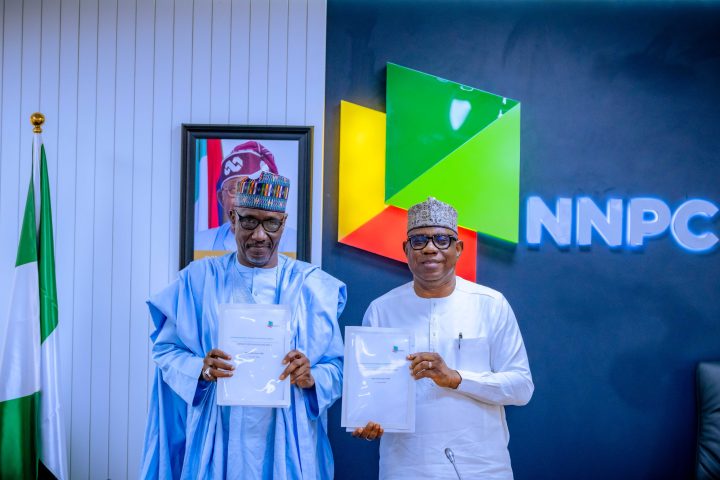Equity Market Faces Continued Decline
Nigeria’s equity market experienced a further decline on Thursday, marking its fourth consecutive day of losses this week.
The market decreased by 0.10 per cent, shedding N56 billion in value. This continuous dip is raising concerns among investors, who are increasingly turning their attention away from equities and towards fixed income instruments, driven by the latest macroeconomic data.
Join our WhatsApp ChannelInflation Slows, but Equities Struggle
Nigeria’s annual inflation rate showed a slight decrease in July, slowing to 33.4 per cent from June’s 34.19 per cent, according to the National Bureau of Statistics.
This decline, the first in 19 months, is largely attributed to a high base effect and has offered some relief to the Central Bank of Nigeria (CBN).
However, the equity market has not benefitted from this development. Instead, the slowdown in inflation has made equities less attractive compared to fixed income options.
“The decline in inflation is a positive sign for the economy, but it seems investors are more comfortable with fixed income instruments at this time,” said a market analyst.
“The equity market’s performance is not surprising given the shift in investor sentiment.”
READ ALSO: Nigeria’s Equity Market Faces Continued Decline As Investors Lose N108bn
Interest Rates and Market Impact
This year, the CBN’s Monetary Policy Committee has aggressively raised interest rates by 800 basis points, bringing the rate to 26.75 percent.
These hikes were intended to combat stubbornly high inflation, but they have also made fixed income investments more appealing, contributing to the ongoing decline in the equity market.
“The high-interest rates are certainly playing a role in the current equity market situation. Investors are looking for safer bets, and fixed income offers that,” explained an economist.
Market Movements: Winners and Losers
On Thursday, the Nigerian Exchange Limited (NGX) All-Share Index (ASI) dropped to 97,100.36 points from the previous day’s 97,199.6 points, while the equities market capitalisation decreased to N55.131 trillion from N55.187 trillion.
Notably, Oando’s share price saw a significant decrease, falling from N36.20 to N32.60, a loss of 9.94 percent. In contrast, Total Energies’ stock advanced, increasing from N470.40 to N511.90, a gain of 8.82 percent.
“It’s a mixed bag for the market today,” noted a stockbroker. “While some companies are losing value, others like Total Energies are seeing gains, likely due to specific corporate actions or investor confidence in their performance.”
Investor Activity and Sectoral Performance
On the trading floor, Veritas Kapital Assurance, Sterling Financial Holding Company, AIICO, RT Briscoe, and GTCO were among the most actively traded stocks.
In 7,233 deals, investors exchanged 271,259,970 shares worth N3.522 billion. Despite the overall decline, trading activity remains robust, suggesting that while the market is under pressure, investor engagement continues.
However, all NGX sectoral indices closed in the red on Thursday, with insurance and banking stocks seeing significant declines.
The equity market’s year-to-date (YtD) return has now decreased to +29.86 per cent, reflecting the challenging environment.
A Week of Losses
The equity market has decreased by 1.51 per cent this week, a continuation of the negative trend due to a lack of positive triggers on the Nigerian Exchange Limited (NGX). Over the month, the market has decreased by 0.27 per cent.
“The market’s current trajectory is concerning, but it reflects broader economic conditions,” said a financial analyst. “Without new catalysts, we may continue to see similar performance in the coming days.”
As investors navigate the shifting landscape, the equity market’s performance will remain closely watched, especially about macroeconomic indicators like inflation and interest rates.
Emmanuel Ochayi is a journalist. He is a graduate of the University of Lagos, School of first choice and the nations pride. Emmanuel is keen on exploring writing angles in different areas, including Business, climate change, politics, Education, and others.
- Emmanuel Ochayihttps://www.primebusiness.africa/author/ochayi/
- Emmanuel Ochayihttps://www.primebusiness.africa/author/ochayi/
- Emmanuel Ochayihttps://www.primebusiness.africa/author/ochayi/
- Emmanuel Ochayihttps://www.primebusiness.africa/author/ochayi/



















Follow Us